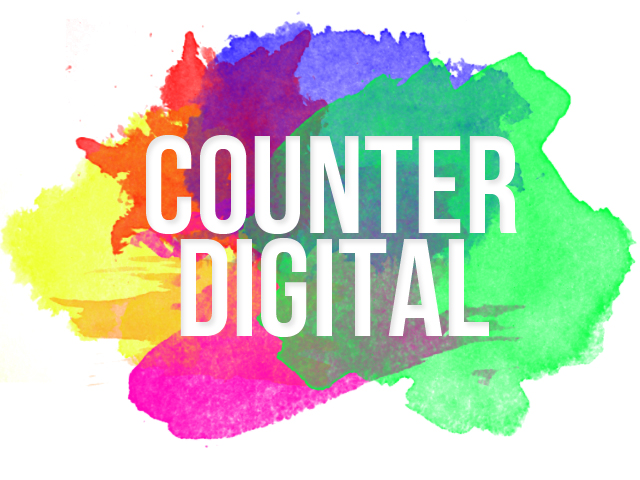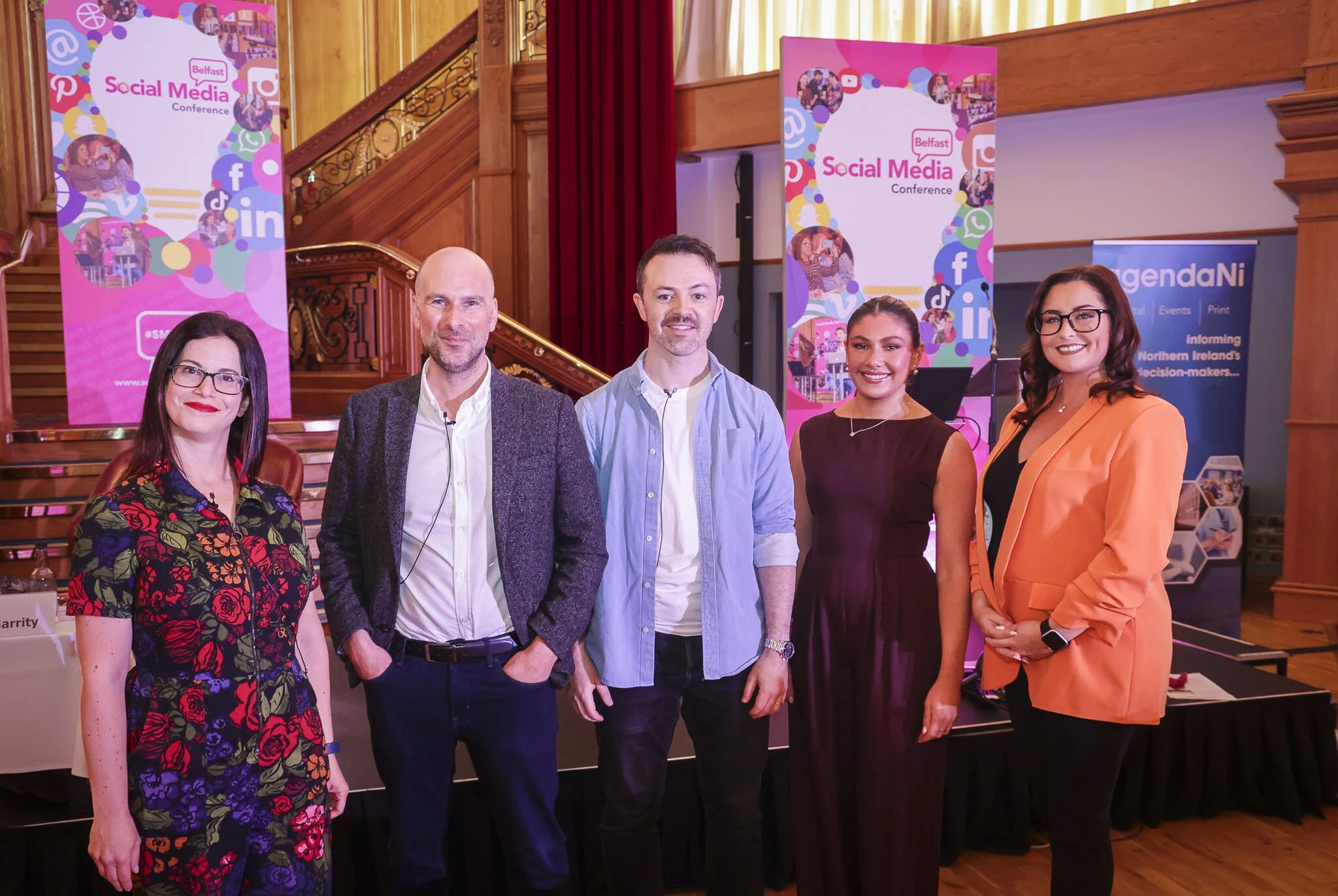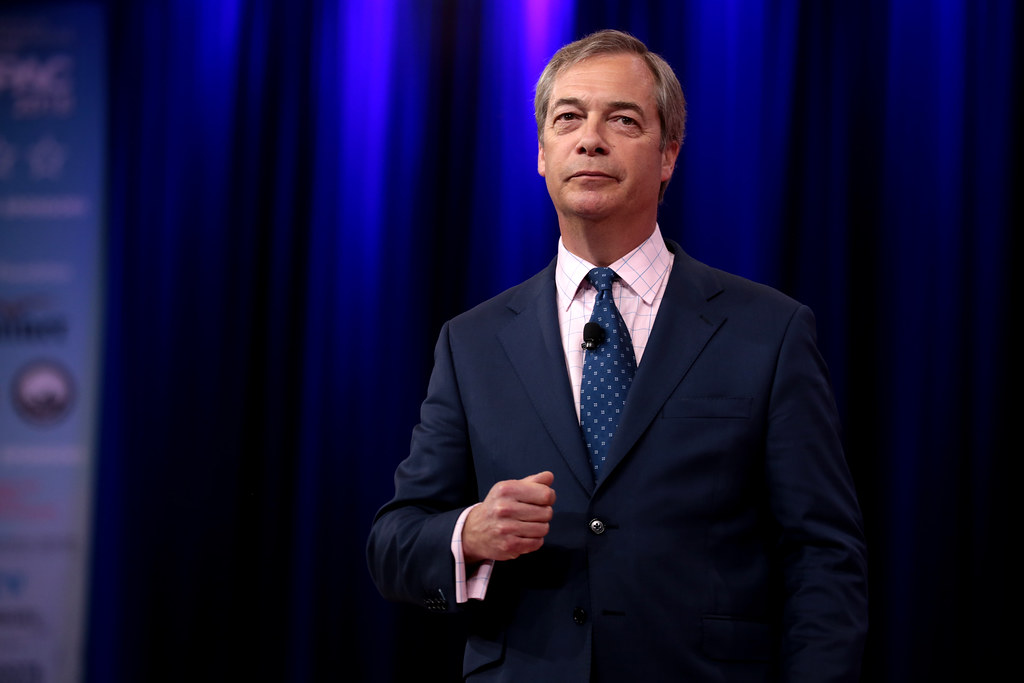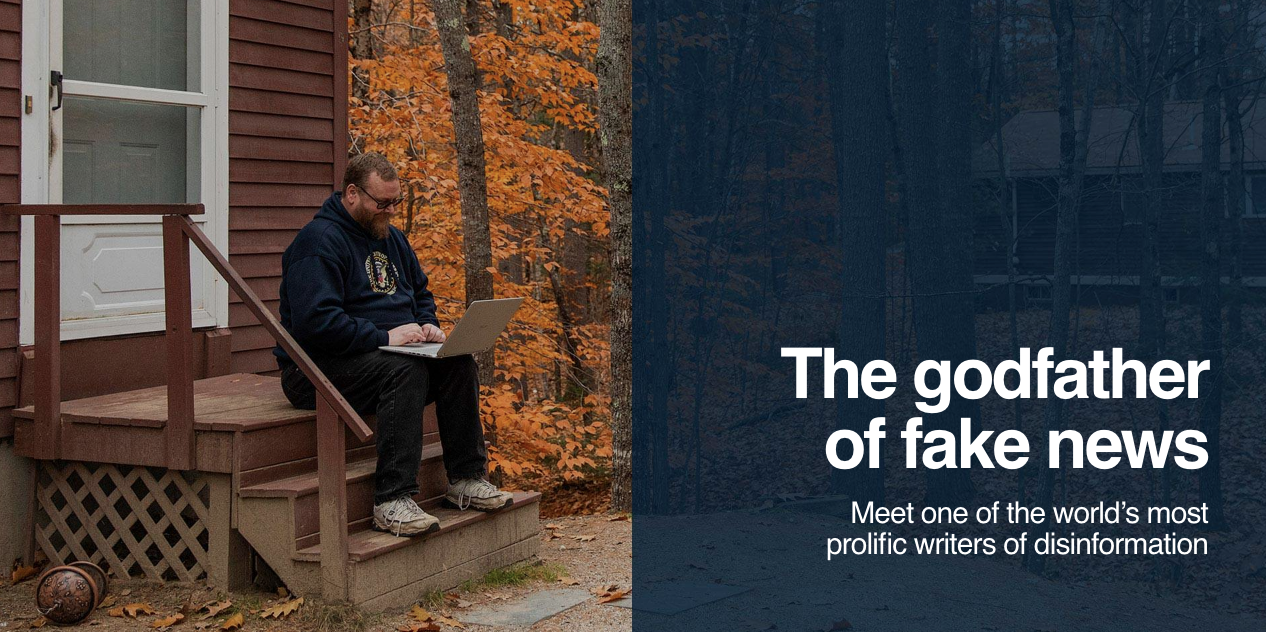Reading through this Guardian article on Barcelona without the tourists, it’s crazy to think of the new reality we all find ourselves in, post the outbreak of Covid-19.
This is especially true for the tourism industry, in Spain, here in the UK and Ireland, and just about everywhere else around the world.
Hit Pause
I’ve been lucky enough to work in, and then with, the tourism industry and various tourism businesses and projects, since 2014 up until now. It’s an exciting industry, and an enjoyable one for a marketeer.
Every year felt the same. The drive for growth is/was insatiable, and it was a common catchphrase at annual Tourism Ireland conferences that the dial reverts to zero every year on January 1st, with the aim being more visitors and tourists than ever before.
Now everyone, from top to bottom has had to hit pause.
Cities like Barcelona, with 2 million residents, have witnessed approximately 30 million annual visitors disappear in a flash.
Belfast, Dublin, Galway, the Causeway Coast, and the Wild Atlantic Way have all seen exactly the same, and just as the new season was due to start.
Tourism Post Covid-19
For the most part, nobody has questioned the various lockdowns. Everybody has understood what is required.
Despite that, from a tourism perspective, it has been devastating and the ramifications will most likely ripple for many years to come. It’s hard to envisage pre-Coronavirus travelling on the same scale, at least in the short to mid-term.
However, that doesn’t necessarily have to be a bad thing.
Both Barcelona and Amsterdam, two major European tourism hubs, are said to be reevaluating their cities, with a greater focus on the wellbeing and experiences of local people and local tourists, after all of this has begun to pass.
One local Amsterdam resident took his children to the historic Wallen district (also known as the red light district), now minus stag parties and hyped-up tourists, and called it a “memory of a lifetime”.
The same could happen here.
Local tourists could experience the Ring of Kerry in all its glory, without massive unsustainable numbers of visitors around every corner. The same can be said of Belfast’s Cathedral Quarter, Dublin’s Temple Bar district and more.
Obviously every visitor is welcomed, and they are the lifeblood of the tourism industry, of jobs, and livelihoods. This isn’t about them, it’s about making it more sustainable in future when they’re welcomed back.
Post Covid-19 Tourism in Ireland
Locally, we don’t have to look too far to see the negative impact of tourism.
Countless reports charting the destruction of the world famous Dark Hedges (featured in HBO’s Game of Thrones) have appeared throughout the last half-decade, with tourism speeding up a natural process beyond repair. That’s just one attraction in one corner of the island.
Things won’t be the same for a long time, at the very least, but hopefully this forced pause will allow us to rejig the local tourism industry with a greater emphasis on sustainable experiences and memories, both for local visitors, and those who will eventually be welcomed back to our shores.
In amongst the relentless wave of bad news, it’s positive to see that the “memory of a lifetime” can still happen in 2020, and beyond.







